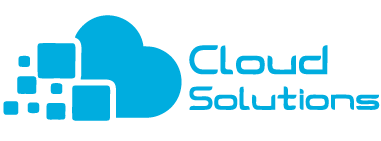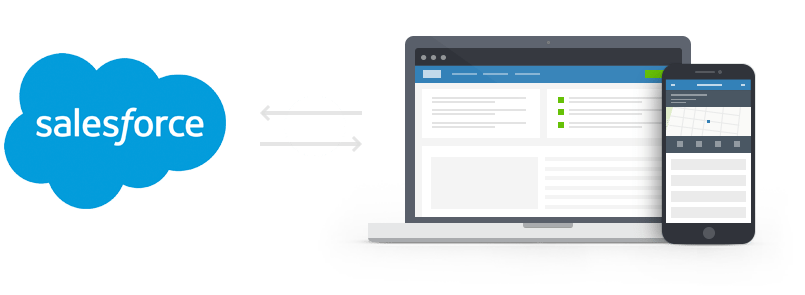Regardless of organizational size, one of the biggest obstacles faced by almost every company today is efficient customer response management (CRM). A lot of companies invest millions of money in order to develop CRM strategies that they think will help boost their business performance and rake in the sales within target timelines. However, the same issue remains among business organizations, and that is the task of synchronizing customer data across different departments within their structure.
This loophole however can be addressed effectively through the use of SaaS (Software as a Service) platforms. This is because through SaaS platforms, customer data can be synchronized properly and shared across different business departments through a common database.
One of the most reputable SaaS platforms today that can be used by business organizations is Salesforce. Operating since 1999, Salesforce training in chennai focuses on different SaaS applications that help companies of varying sizes organize their data in ways wherein pulling out, updating, and tracking customer information becomes easy.
Over the years Salesforce has grown from being a CRM platform into that of an integrated model for customer management. It offers web-based CRM applications that not only come with the capability to synchronize data, but more importantly provide access to the different departments of the company regardless of their location. Salesforce users across departments may have access to the data without any lag or latency.
What makes Saleforce integration ideal is that through its cloud computing platform, companies are able to deal with huge chunks of data, have them organized and classified according to use. It offers a fast and flawless way to save precious customer information across different databases in such a manner that despite being utilized by different users, the data is still stored at one place without the risk of being distorted.
Another feature of Salesforce integration is that its CRMs are hosted off site. Thus, companies that use the platform pay for the software per usage. Unlike other CRM solutions that continue to run despite not being used, companies are able to save more on Salesforce, especially when it comes to CRM maintenance costs. Also, the offsite platform offers lower risk to system downtime procedures, so companies are able to access their data anytime they want.
Lastly, Salesforce integration can also be customized according to the company’s needs. While the platform offered to different companies comes in a standard structure, it can be tweaked and customized based on the company’s business objectives. This feature is very helpful because companies are able to utilize specific features to boost their CRM capacities without putting other functions to waste.
Salesforce integration can also be used by non-profit organizations, since they too require sound data management. Non-profit companies can benefit from Salesforce integration by having a database that effectively stores information on beneficiary groups, donors, partners, and incoming and outgoing funds.
Synchronizing data effectively should be a top priority of business organizations. Through a CRM platform such as Salesforce, companies are able to streamline their objectives for development without leaving a single chunk of data behind.


